
EdgeLock® Assurance
The i.MX RT600 crossover MCU, part of the EdgeLock Assurance program, is designed to meet industry standards and follows NXP's security-by-design approach
Sign in for a personalized NXP experience.
Roll over image to zoom in
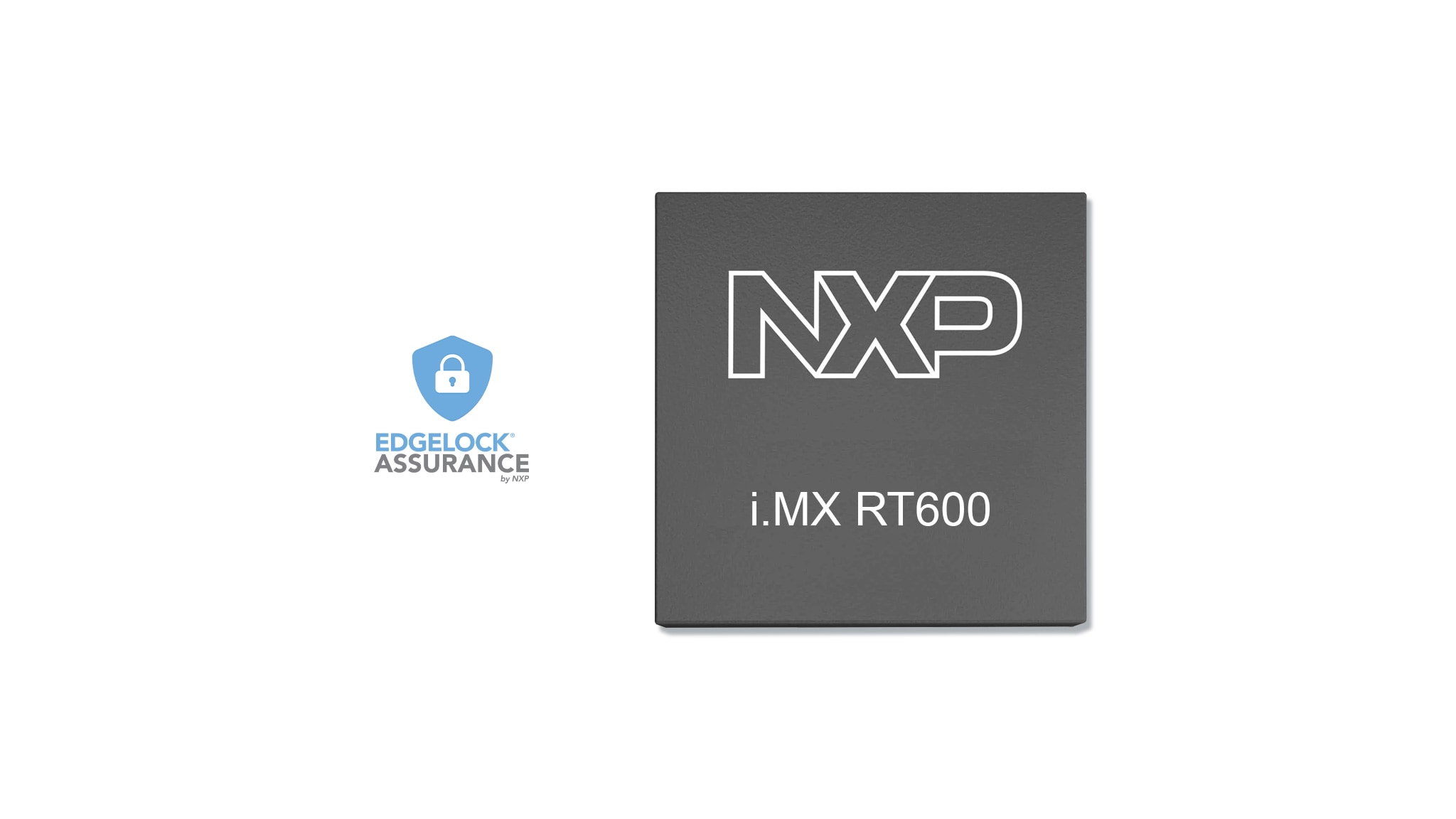

This is a modal window.
Beginning of dialog window. Escape will cancel and close the window.
End of dialog window.
This is a modal window. This modal can be closed by pressing the Escape key or activating the close button.
This is a modal window. This modal can be closed by pressing the Escape key or activating the close button.

This is a modal window.
Beginning of dialog window. Escape will cancel and close the window.
End of dialog window.
This is a modal window. This modal can be closed by pressing the Escape key or activating the close button.
This is a modal window. This modal can be closed by pressing the Escape key or activating the close button.

This is a modal window.
Beginning of dialog window. Escape will cancel and close the window.
End of dialog window.
This is a modal window. This modal can be closed by pressing the Escape key or activating the close button.
This is a modal window. This modal can be closed by pressing the Escape key or activating the close button.

This is a modal window.
Beginning of dialog window. Escape will cancel and close the window.
End of dialog window.
This is a modal window. This modal can be closed by pressing the Escape key or activating the close button.
This is a modal window. This modal can be closed by pressing the Escape key or activating the close button.
i.MX RT600 Crossover MCUs are dual-core devices featuring an Arm® Cortex®-M33 and Cadence® Xtensa® HiFi4 Audio DSP CPU designed for audio, voice and consumer IoT applications.
The i.MX RT600 Arm® Cortex®-M33 operates at up to 300 MHz and includes two coprocessors providing enhanced performance. The HiFi4 can operate up to 600 MHz. The family offers a rich set of peripherals, embedded security and very low power consumption. The device has up to 4.5 MB SRAM and a FlexSPI with two ports and 32 KB cache.
The i.MX RT600 family is supported by the MCUXpresso ecosystem, which includes an SDK, a choice of IDEs and secure provisioning and configuration tools to enable rapid development.

The i.MX RT600 crossover MCU, part of the EdgeLock Assurance program, is designed to meet industry standards and follows NXP's security-by-design approach

2-Bit Dual Supply Bidirectional I3C/I²C-Bus and SPI Voltage-Level Translator
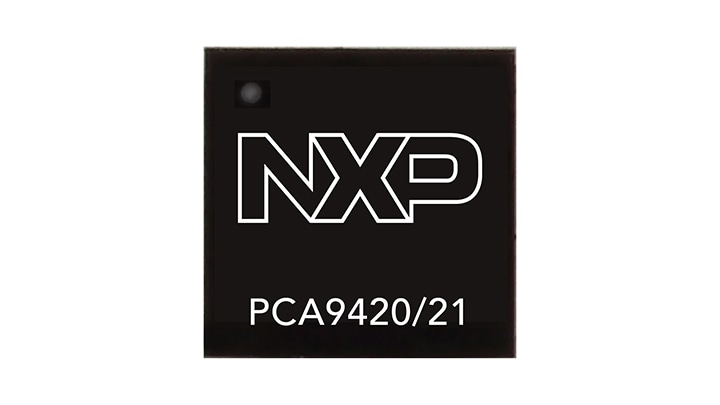
PMIC for Low Power Applications

2.4/5 GHz Dual-Band 1x1 Wi-Fi® 6 (802.11ax) + Bluetooth® 5.4 + 802.15.4 Tri-Radio Solution

i.MX RT500 Crossover MCU with Arm® Cortex®-M33, DSP and GPU Cores
| | | | | |
|---|---|---|---|---|---|
| | | | | |
| | | | | |
| | | | | |
| | | | | |
| | | | | |
| | | | | |
| | | | | |
| | | | | |
| | | | | |
| | | | | |
Quick reference to our documentation types.
1-10 of 63 documents
Compact List
There are no results for this selection.
Sign in to access authorized secure files. Learn more about secure access rights.
Please wait while your secure files are loading.
1-10 of 63 documents
Compact List
1-5of 11 design files
Sign in to access authorized secure files. Learn more about secure access rights.
Please wait while your secure files are loading.
1-5of 11 design files
1-5 of 14 hardware offerings
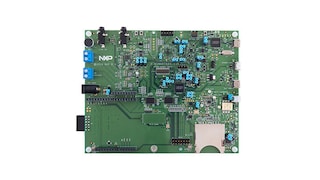
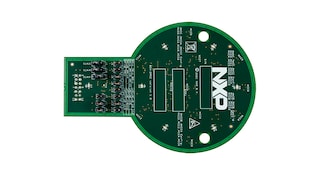
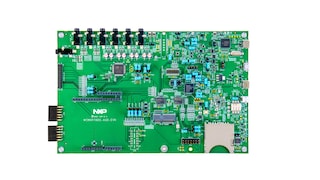
Additional hardware available. View our featured partner solutions.
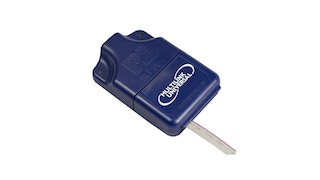
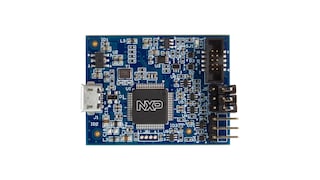
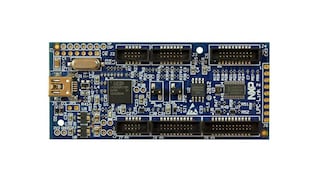
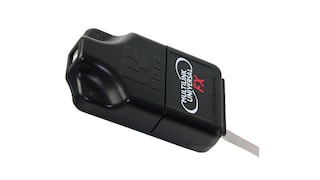
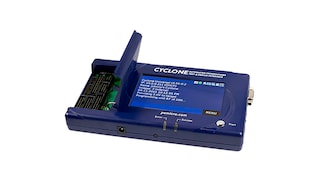
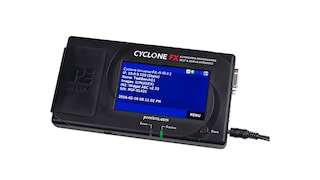
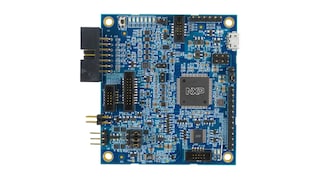
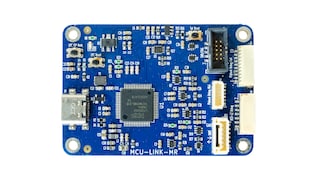

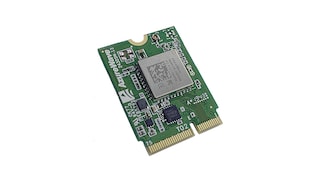
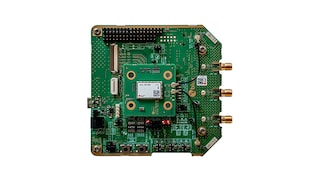
Sign in to access authorized secure files. Learn more about secure access rights.
1-5 of 15 hardware offerings
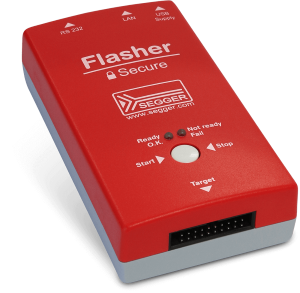
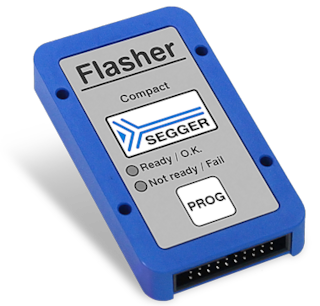
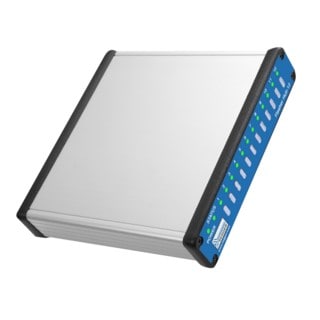

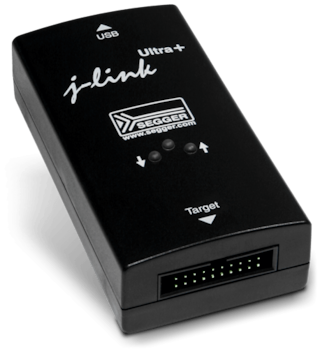
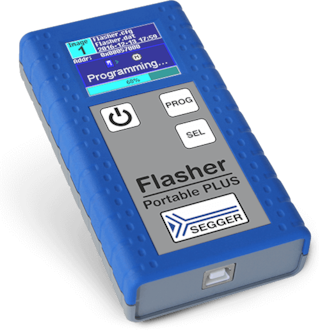
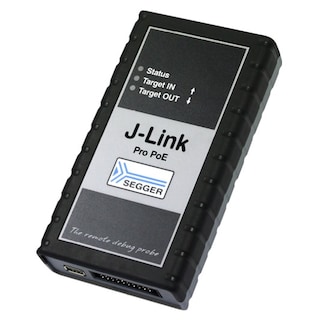
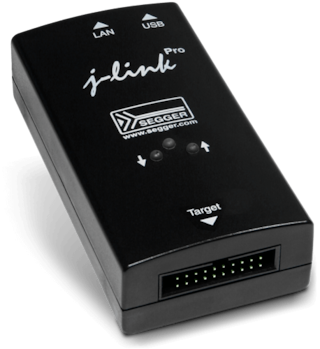
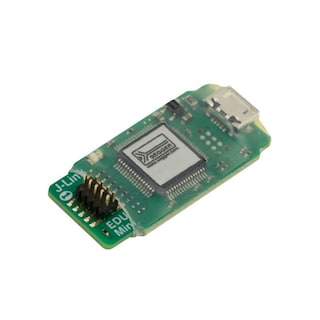
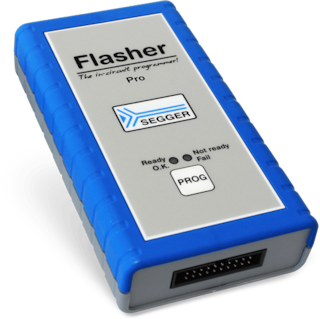
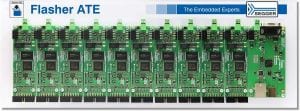
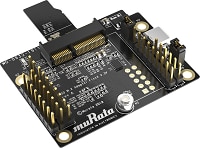
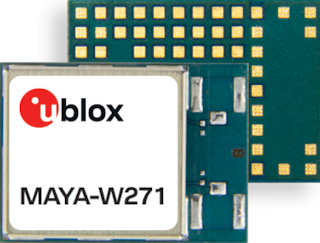
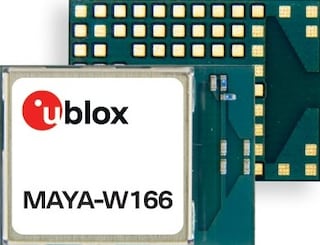
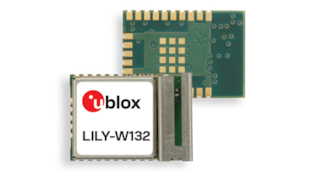
To find additional partner offerings that support this product, visit our Partner Marketplace.
1-5 of 14 hardware offerings



Additional hardware available. View our featured partner solutions.











Quick reference to our software types.
1-5 of 25 software files
Additional software available. View our featured partner solutions.
Note: For better experience, software downloads are recommended on desktop.
Sign in to access authorized secure files. Learn more about secure access rights.
Please wait while your secure files are loading.
1-5 of 40 software offerings
To find additional partner offerings that support this product, visit our Partner Marketplace.
1-5 of 25 software files
Additional software available. View our featured partner solutions.
Note: For better experience, software downloads are recommended on desktop.
1-5 of 15 engineering services





.svg)









There are no results for this selection.
There are no results for this selection.
To find additional partner offerings that support this product, visit our Partner Marketplace.
1-5 of 29 trainings
Additional trainings are available. View our featured partner trainings.
29 trainings
Additional trainings are available. View our featured partner trainings.
9 trainings
To find additional partner offerings that support this product, visit our Partner Marketplace.
There are no recently viewed products to display.

Help us improve your experience on our site. We invite you to take our five-question survey.